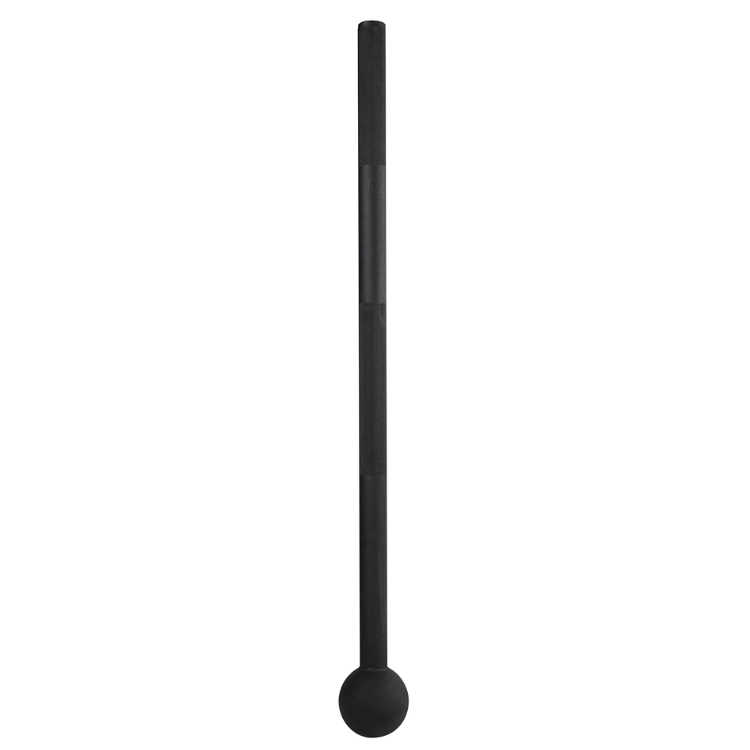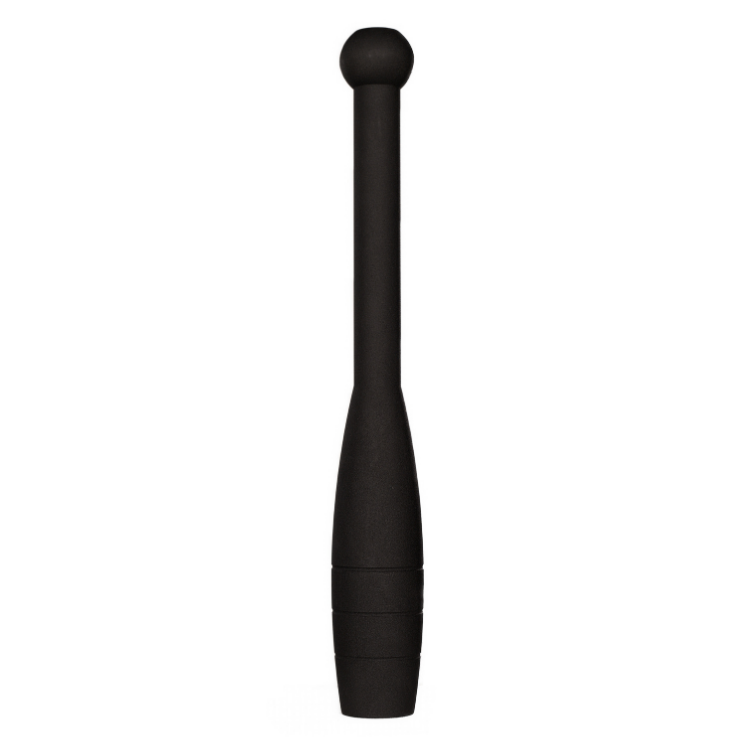One reason why grains became such an essential aspect of the human diet is the fact that they have an extended shelf-life. Compared with dairy, meat and fresh produce, grains carry a great deal of food energy or better known as calories, in a small, lighter package, which can be kept for an indefinite period with no refrigeration or any other preservation.
Even though grains are non-perishable and portable, they are certainly not edible in their raw form. You can steam, sprout, or boil whole grains and have them that way. Or perhaps you can mill the grains to flour and then utilize it to make pasta, tortillas or bread. No matter what, it is regarded as a whole grain food when all the grain parts are incorporated. If the germ and bran are removed, such as white flour, it is considered a refined grain.

Whole Grains: Are They Really Necessary for a Healthy Diet?
Photo by: anthonycolpo.com
Keeping the germ tends to make whole grain foods fairly higher in most minerals and vitamins. The main nutritional benefit of whole grains is that the fiber on the bran decelerates the speed where the starches in the endosperm are turned into blood sugar.
Foods having a high glycemic load make your insulin blood and sugar spike that increases your chances of heart disease and diabetes and can probably result in weight gain, as the same time. The truth is diets loaded with refined grains are associated with type 2 diabetes, heart disease, obesity and cancer. Opting for whole grains rather than refined grains lowers these risks.
So why is that a lot of dietary guidelines stress the significance of whole grains? Studies have shown that those whose diets are rich in whole grains have lower rates of diabetes, heart disease, and they are healthier and leaner. However, most of these studies are looking at those who consume whole grains to those who eat refined grains or things made up of white flour. They aren’t comparing those who consume whole grains to those who consume hardly any grains.
Here’s an article from thetimes-tribune.com:
Whole grains an important part of a healthy diet
September is whole grains month so it’s a good time to focus on incorporating more whole grains into your diet.
It is recommended that at least half of all the grains eaten be whole grains. Grains are important sources of many nutrients, including dietary fiber, several B vitamins (thiamin, riboflavin, niacin, and folate), and minerals (iron, magnesium, and selenium). Eating diets with high amounts of whole grains may help achieve significant weight loss, and also reduce the risk of chronic diseases such as diabetes and cardiovascular disease.
Read the rest of the article here…
It is obvious that substituting refined grains to whole grains is a part of the right track. What is not clear is if the benefits that are typically caused by whole grain consumption truly result from consuming more whole grains or if these benefits are true results of consuming less refined grain products.
If you choose to eat grains, recent dietary suggestions recommend that average sized adults must have around 6 portions of grain foods daily and that a minimum 3 of which must be whole grains.
If you have questions regarding your diet or want to get advice on your diet plan, we can help you with that. Dangerously Fit boot camps tailor diet plans to suit your needs. With Sydney’s leading nutritionist, pretty sure you will never go wrong on your dieting.
Want to become an Internationally recognised personal trainer? Click here to check out our personal training certifications to learn more!






